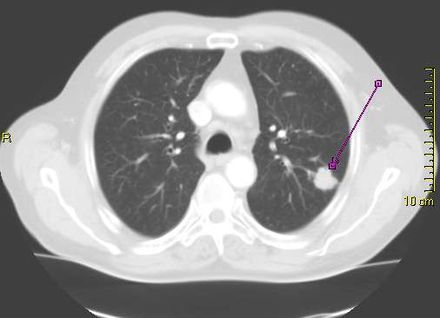Author Interviews, COVID -19 Coronavirus, Infections, NYU / 14.03.2024
NYU Study Finds Genetic Variant May Protect Against Severe Illness From COVID-19
MedicalResearch.com Interview with:
Mukundan G. Attur, PhD
Associate Professor, Department of Medicine
NYU Grossman School of Medicine
MedicalResearch.com: What is the background for this study? What are the main findings?
Response: The study investigates the potential protective effects of a genetic variant of IL1RN against inflammation and severe outcomes, particularly in COVID-19. Previous research indicates that carriers of this genetic variant may experience less severe radiographic knee osteoarthritis and decreased inflammation in rheumatoid arthritis patients. Given the emergence of cytokine release syndrome in COVID-19 patients, the researchers sought to understand whether the same genetic variant could offer protection against inflammation and potential death in COVID-19 cases.
(more…)











